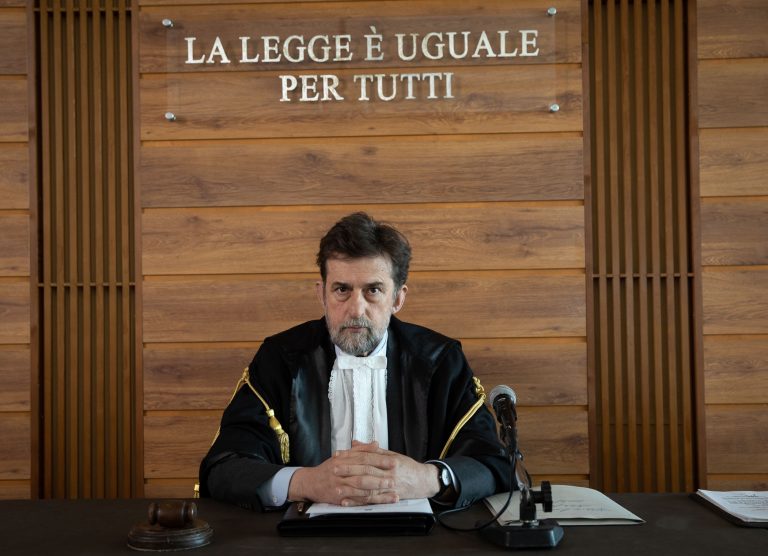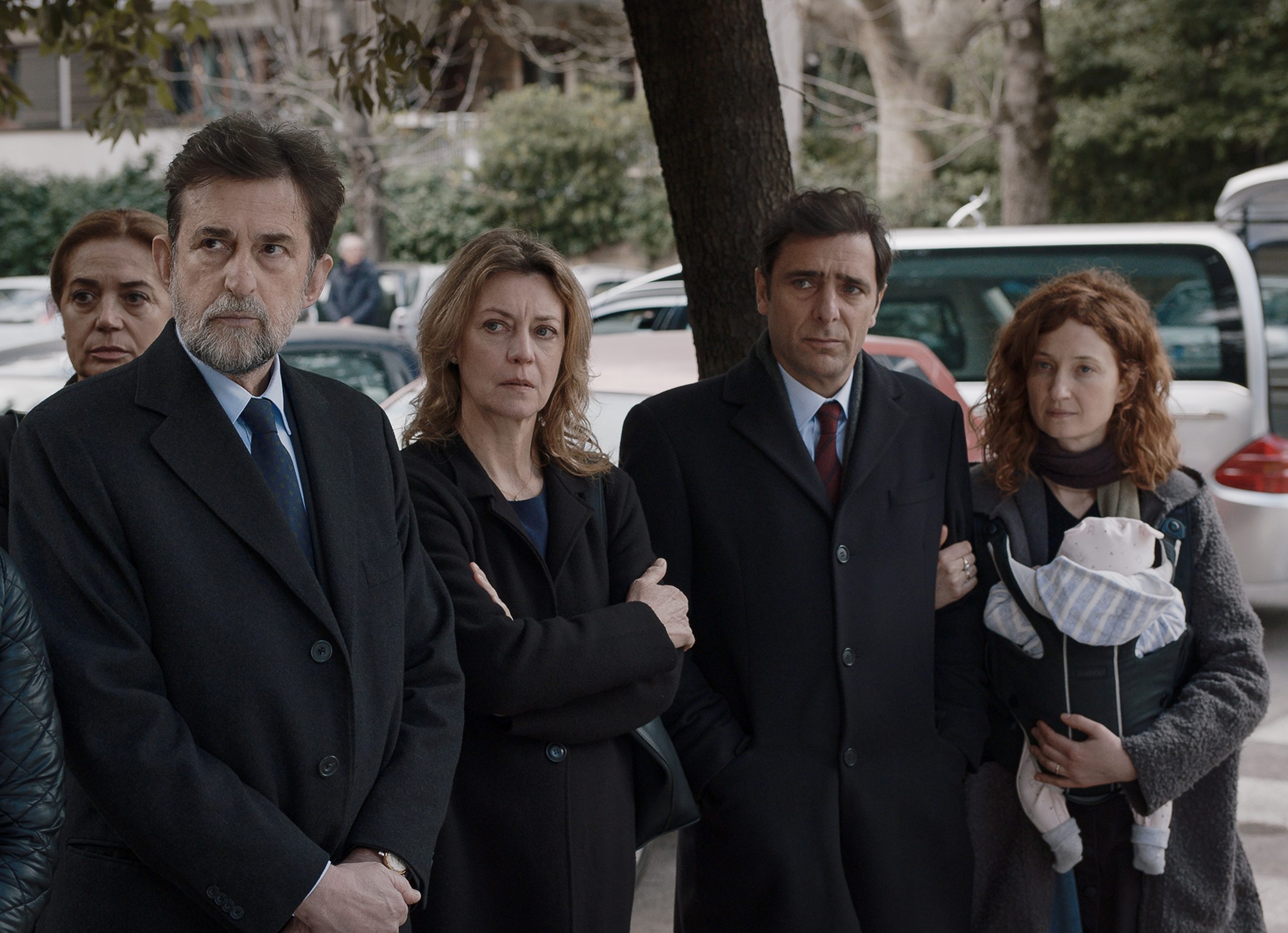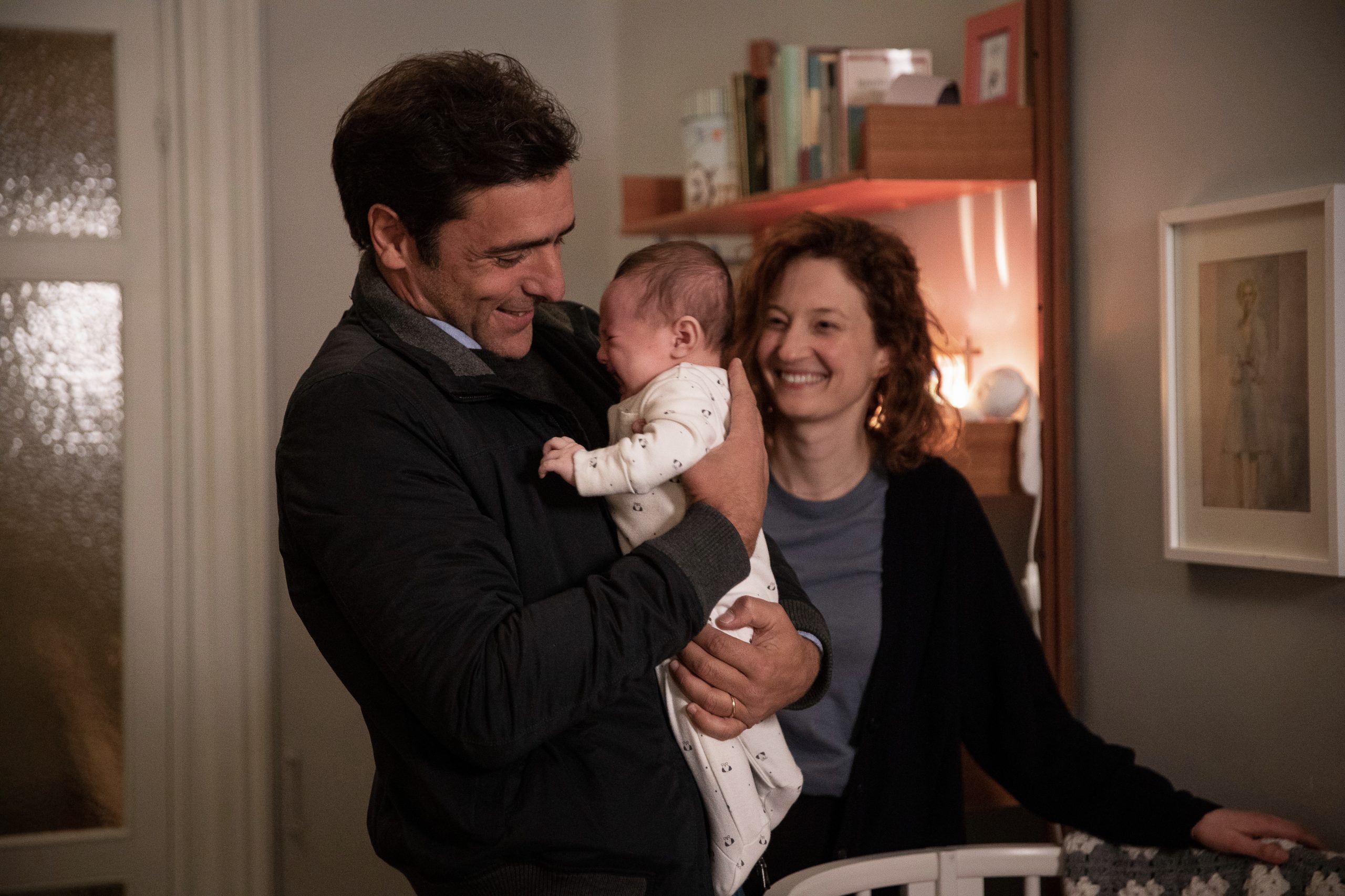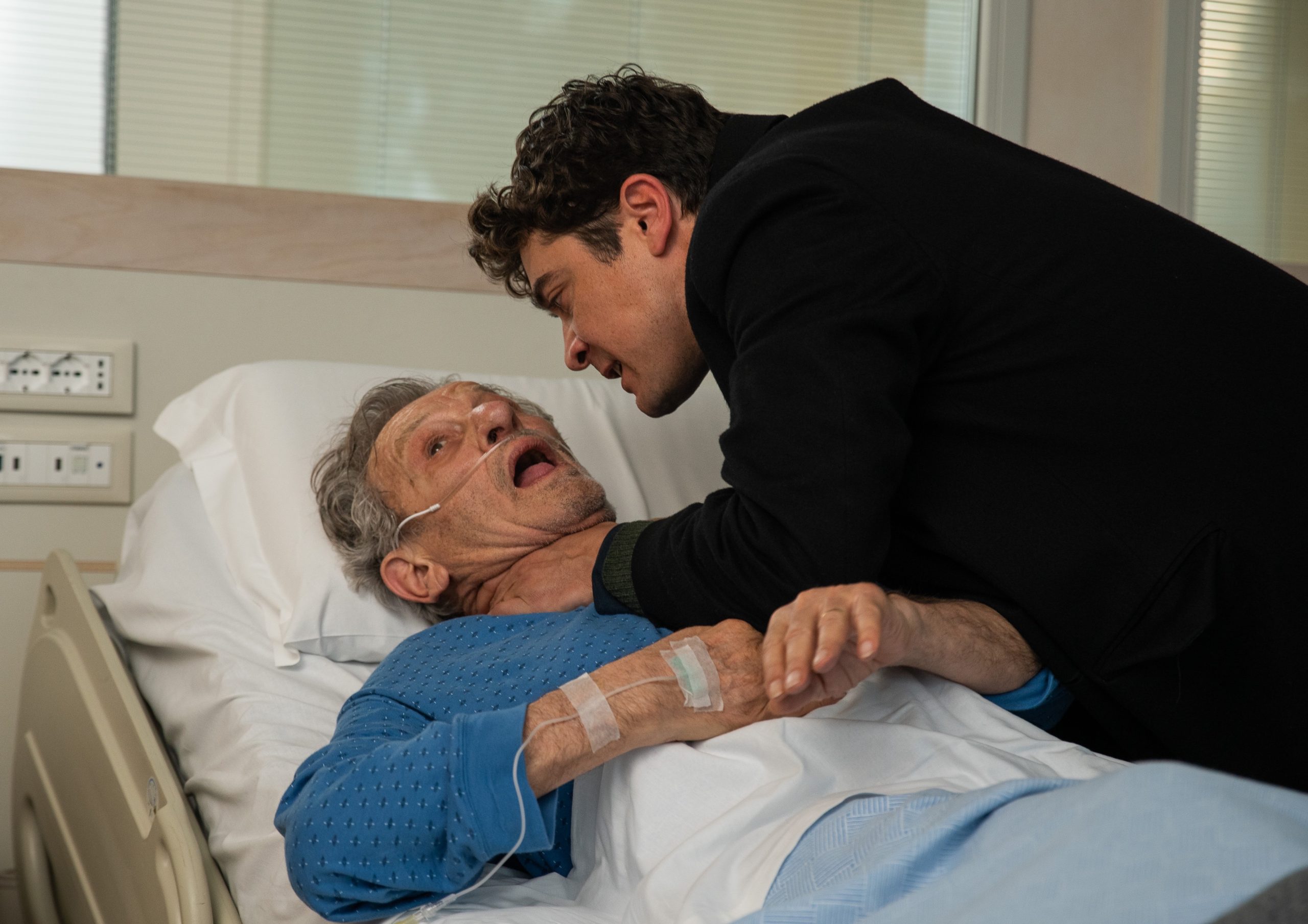
Italian director, Nanni Morreti, gathered 11 minutes of applause for the premiere of his latest work Three Floors (Tre Piani), at the Cannes Film Festival, before it went onto the Toronto Film Festival. This ovation baffles, since the adaptation of the eponymous book by Eshkol Nevo, one of the best written publications in recent times, comes across as a forceful feuilleton.
The book is set in Tel Aviv, with an Israeli cultural-historical root different from that of Nanni Moretti’s film, that takes place in Rome. Nevo chose to represent a Freudian dimension on each floor: id, ego, superego. The storytelling is channelled through three different monologues (that might have been more suitable for a stage adaptation), coming from each floor. Some character traits and situations are reprised by Nanni Moretti, however it is not his artistic license in rewriting the story that turns the film into an artificial amalgamation of stereotypes that are poorly performed by the cast.
In Nanni Moretti’s Three Floors, a series of events unsettle the lives of the inhabitants of a Roman apartment building, and will radically change them. These circumstances reveal their difficulties in being parents, siblings or neighbours, in a world where coexistence seems to be ruled by fear and resentment.

On the first floor of a building live Lucio (Riccardo Scamarcio), Sara (Elena Lietti) and their seven-year-old daughter, Francesca. In the next apartment there are Giovanna (Anna Bonaiuto) and Renato (Paolo Graziosi), who often babysit the child. One evening, Renato, to whom Francesca has been entrusted, disappears with the child for many hours. When the two are finally found, Lucio fears that something terrible might have happened to his daughter, and his fear turns into an obsession.
Monica (Alba Rohrwacher) lives on the second floor, struggling with her first maternity experience. Her husband Giorgio (Adriano Giannini) is an engineer and spends long periods abroad for work. Monica fights a silent battle against loneliness and the fear of someday becoming like her mentally unstable mother.
Dora (Margherita Buy) is a judge, like her husband Vittorio (Nanni Moretti). They live on the top floor with their twenty-year-old son, Andrea (Alessandro Sperduti). One night the young man, drunk, runs over and kills a woman. Upset, he asks his parents to get him out of jail. Vittorio thinks his son should be judged and condemned for what he did. The tension between father and son explodes, to create a definitive rift between the two, with Vittorio forcing Dora to make a painful choice: either him or their son.

Moretti’s attempt to delve into the intricacy of parenthood, through the various families that populate the Roman building, is laudable. But the way the film unravels is more similar to a sensationalistic TV Show; it is light years away from the witty social critique Nanni Morretti carried out in his early films like Dear Diary or the empathetic self-awareness of his more recent My Mother.
Three Floors lacks that acerbic humour, if not any humour at all. There is also paucity of discernible human behaviour. Every action and reaction of the characters is a melodramatic accentuation of a moral lesson Moretti wants to bestow upon us. The soap-operatic enactment also includes an unnecessary and incommodious sex scene, that is bunglingly portrayed.

It is fascinating to look into Moretti’s attempted feminist stance, since the men in his story are imprisoned by their obstinacy, whereas the women, attempt to heal the wounds of these marred existences in the name of love. The intent of questioning what the older generation will bequeath to youngsters, in terms of values and ethics, is a topic worthy of praise. It’s a shame that it is being handled with such clumsy triteness. The hyperbolic pathos of every story does not equate the profundity of the director’s quest: to discuss universal issues such as guilt and taking responsibility for our actions. The way characters openly, or through their emotional journey, display this message is preachy and preposterous.
Final Grade: C—

